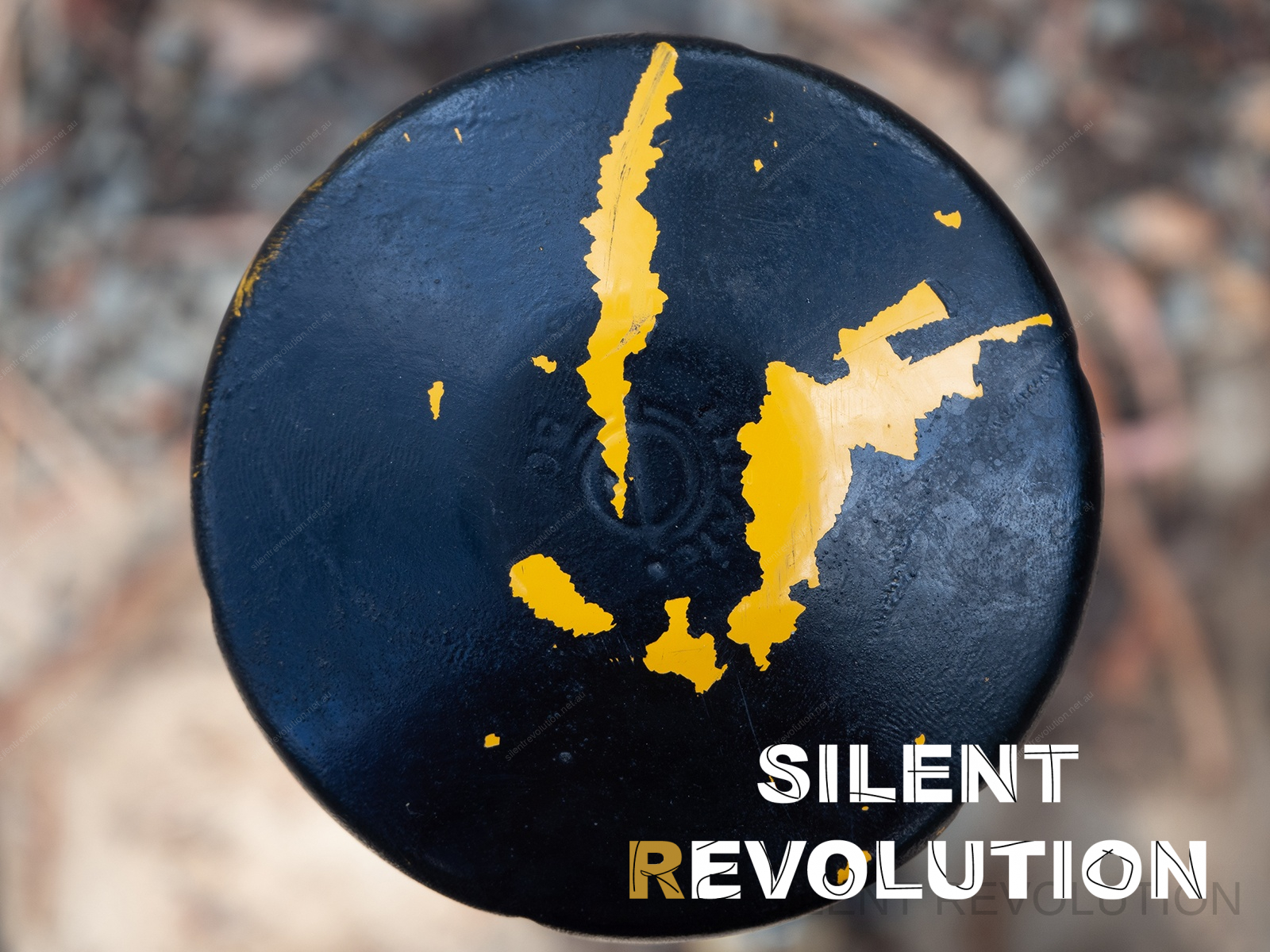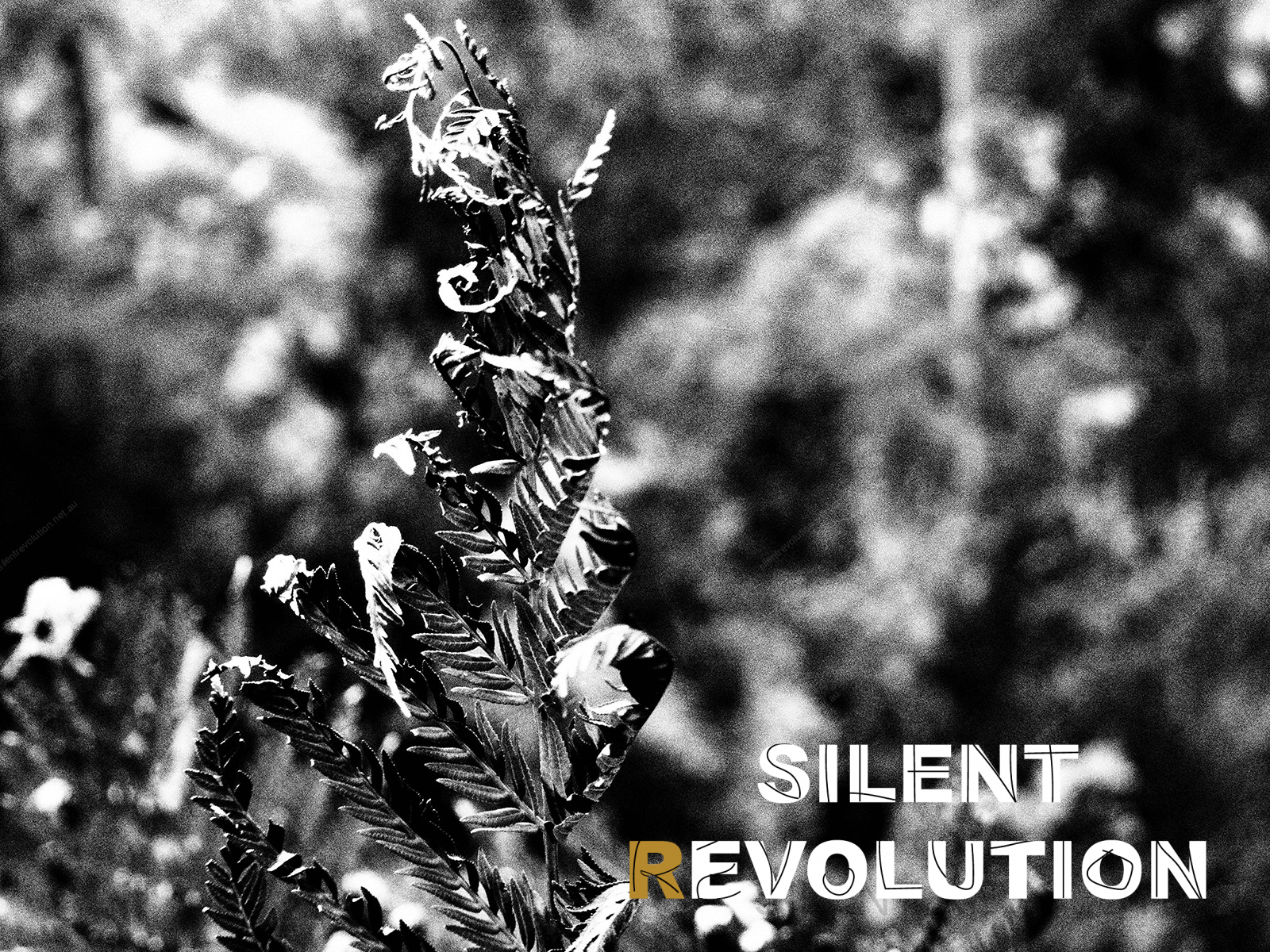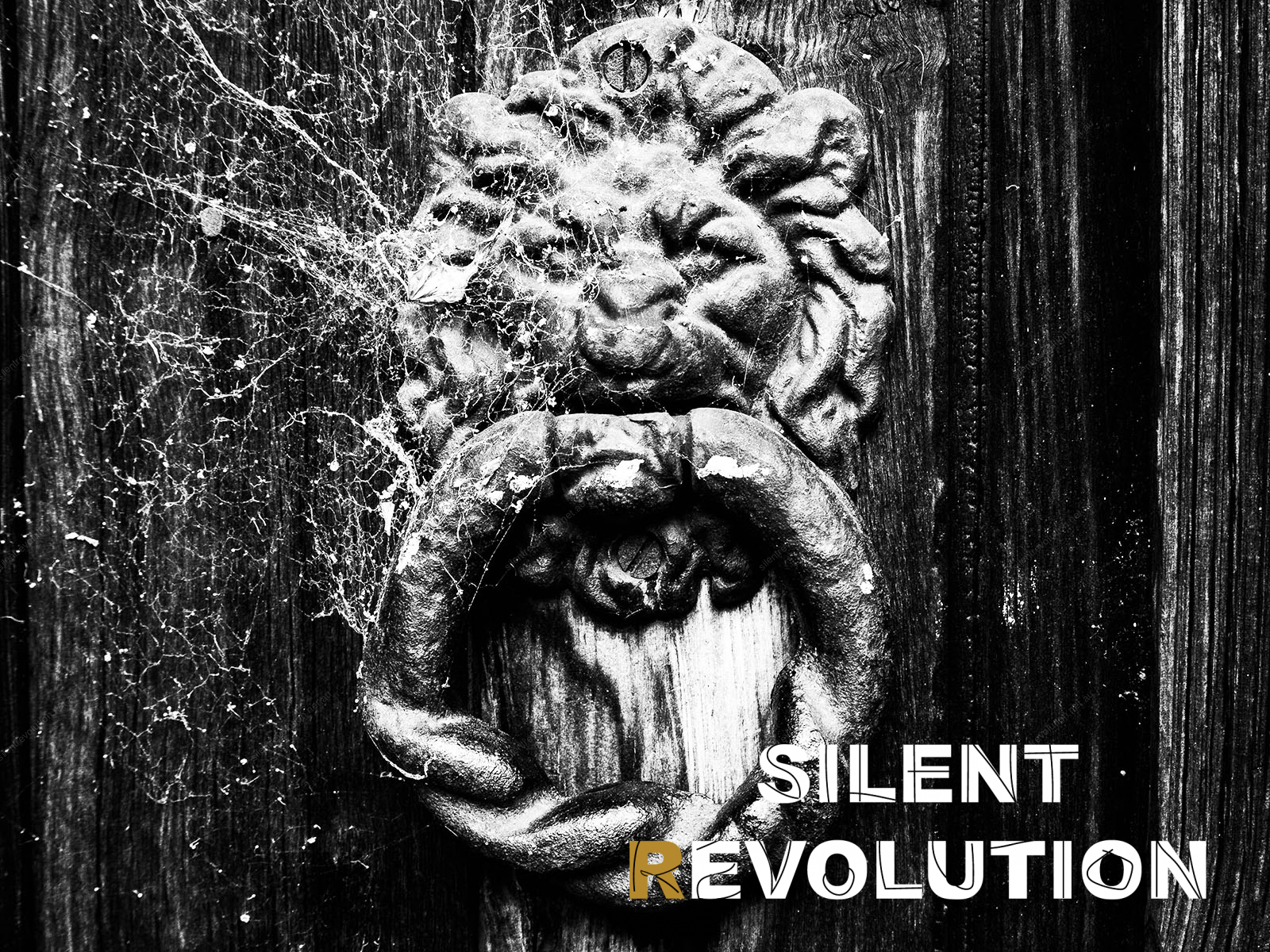
At Home in The Pandemic on a Raft
Written March 2020
Are you at home in the pandemic?
I am sitting at home during lock-down writing about my experiences with madness, and the crisis of this pandemic feels familiar to me. My psychoses have helped me feel prepared for the pandemic. For those of us who have had to face psychological crises already, perhaps we can find some comfort during this global crisis.
In psychosis, the outside world is perceived as a threat. Now, collectively, people all around the world know what it feels like to lose reality as they once knew it. Welcome to our crazy world, for we’re already at home in this loss of reality.
One reason you may already feel at home in this crisis, is because you have localised your life. I work from home. I walk along the nearby Yarra River as exercise. I grow some of my food. I don’t keep a busy schedule. I spend a lot of time alone or with my small family or few close friends who live in my town. This is not that different to how the lockdown asks us to live. We are operating in a small radius. We are limited to contact with a few people. It’s possible as a mad person you have already done something similar with your life, and are therefore living relatively unchanged because of the pandemic.
As mad people, we may have already overhauled our value system. It is something we have had to do to avoid perpetuating the madness, and now other people are being forced to change. The kind of things that mad people have had to change include: valuing social justice over something like consumerism because the issue of our poor treatment by others is more important than accumulating stuff; caring for the environment or animal rights rather than pursuing profit because we’re sensitive to suffering and often have difficulties holding down a job; and caring for our children at home because we want to create community around the home rather than outsource the role of the family to childcare. Now other people are being forced to change their values in similar ways. They can’t shop or work as freely, and they or the people around them are having a hard time, so they may turn to more worthy causes than just looking to better their material and financial status. They have children at home to look after and school, rather than send them off to childcare or the education system, so they have to think about how to get along, and reassess their family values. Us mad folk have often done the value shift already, and these are the things that may make the pandemic less of a shock to our system and therefore make us feel more at home.
Perhaps, because mad folk have already prepared for crisis, we offer society something of real value. The tsunami may be coming, but if we have already had to build a raft, perhaps we can sail away from this crisis. The raft we have built may be a structure that includes living a localised life and living by values such as social justice, environmental and animal rights, and home care for our children. Perhaps we mad folk have not missed the boat as society can have us believe, but we have built a sound vessel and are ahead of the wave that threatens to take us under. Perhaps we are already in stiller waters, deeper out to sea, where the tsunami can’t hurt us. Perhaps it is our raft that other people who have not experienced madness might like to climb aboard. And we would welcome them to our raft out at sea, our home in this pandemic.
In what ways do you feel at home in the crisis?
What are you doing during lockdown to take comfort?
How have you unknowingly prepared for the pandemic?
Now is a time to value yourself for the ways you have built a raft and live ahead of the wave.
Photography by Jasmine Powell




